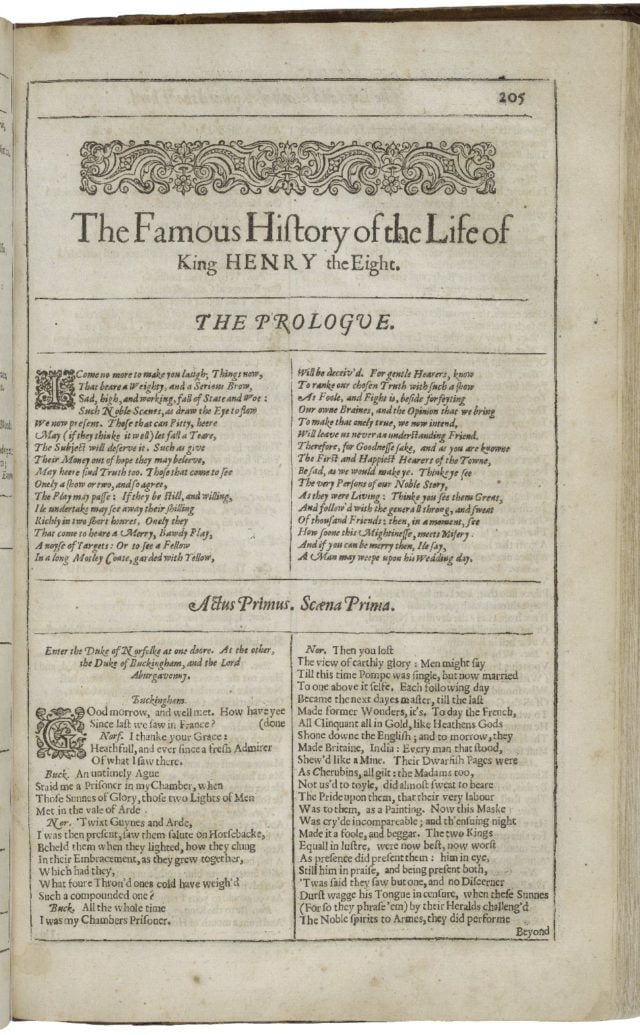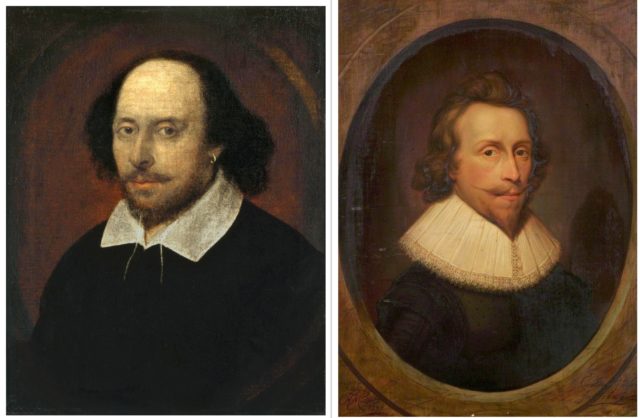Did Shakespeare seek help or did he not, that is the question!
For students of Literature, this is one question that pops up in every discussion of the celebrated playwright. Till date there’s been a lot of speculation on that account, none of which seem to have any proper backing.
But lo and behold, a new development in the field of Artificial Intelligence (AI) is here to change that.
The AI Machine
It was Czech researcher Petr Plecháč who successfully created a machine learning system to determine whether Shakespeare had taken any help to write his famous plays. The very first play to have been scrutinized by the machine is the well-known Henry VIII.

True to popular belief, Plecháč’s machine supported the claim that Shakepeare’s contemporary, John Fletcher may have been his collaborator while writing the play.
The Algorithm Of Literature
The machine uses an algorithm that recognizes specific word choices with reference to plays written by each of the writers during that time period. This approach also checked into the rhythmic patterns of both their writings.
Plecháč also talked about a ‘rolling window’ technique which breaks down parts of the play to find particular instances of wording and vocabulary, outside the confinements of a scene. This meant that each of their styles can be checked, without worrying about the start and end of a scene.
Also Read: Back In Time: Commemorating The Birth And Death Anniversary Of William Shakespeare
The Shakespeare-Fletcher Duo
The AI was very beneficial in determining that Fletcher indeed wrote just under half of Henry VIII. More interesting than that is the finding that he may have taken over, not just at the beginning of scenes, but also toward the ends.

It even suggested that Shakespeare may have closely worked with Fletcher to pen down his play. To put it simply, Henry VIII may have been the product of a mixed authorship between the two.
The machine also completely ruled out the possibility that another writer, Philip Massinger might have contributed to the play’s creation.
Doubts Still Persist
Exciting as this may seem, the AI technique does come with a catch. Artists do take a lot of creative approaches while producing their work, and Shakespeare and Fletcher may have been doing just that.
It could be possible that both of them, in their own fun, creative way, may have been imitating each other’s writing style. That means that we are in a way, back to the start.
AI And The Future
Whether we have uncovered the mystery of Shakespeare or not, it is pretty clear that such new strides in AI will only promote art in the best manner possible. Plucháč’s machine for example, will help pick out instances of plagiarism.
Here’s looking forward to more amazing creations (both technological and artistic) in the future!
Image Credits: Google Images
Sources: The Daily Dot, Engadget, Broadway World
Find The Blogger @NandanaNair19


































